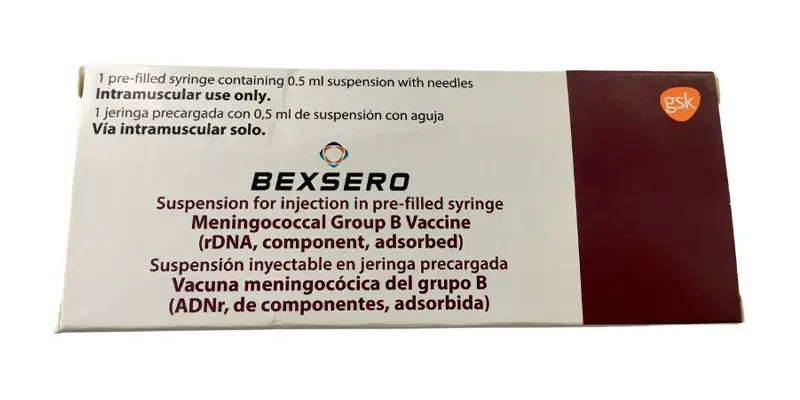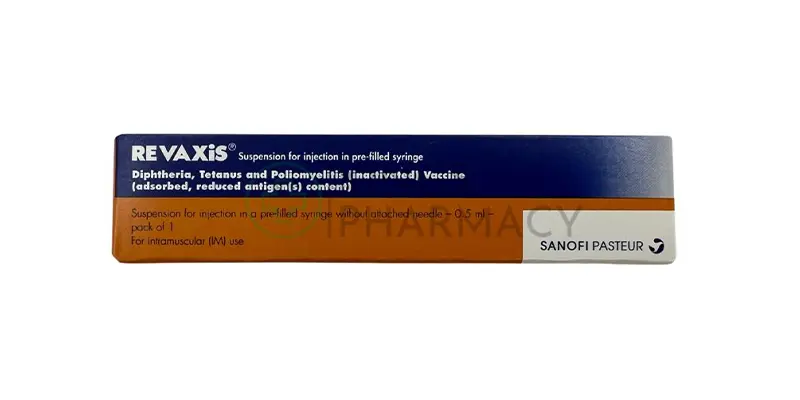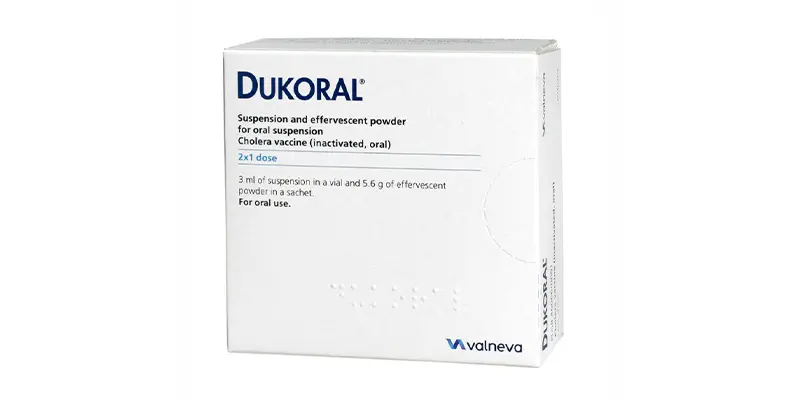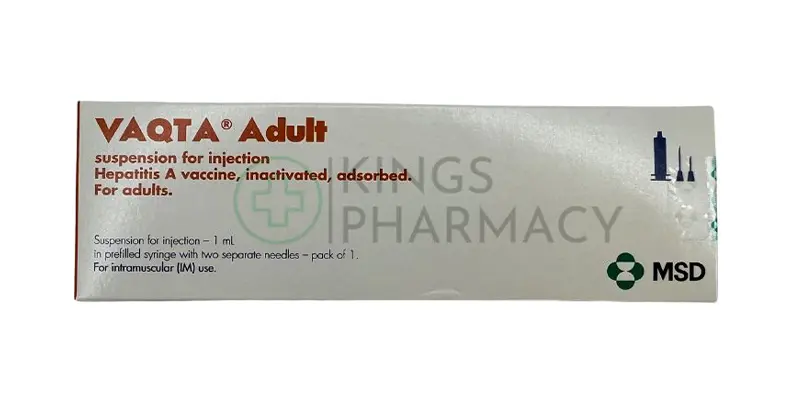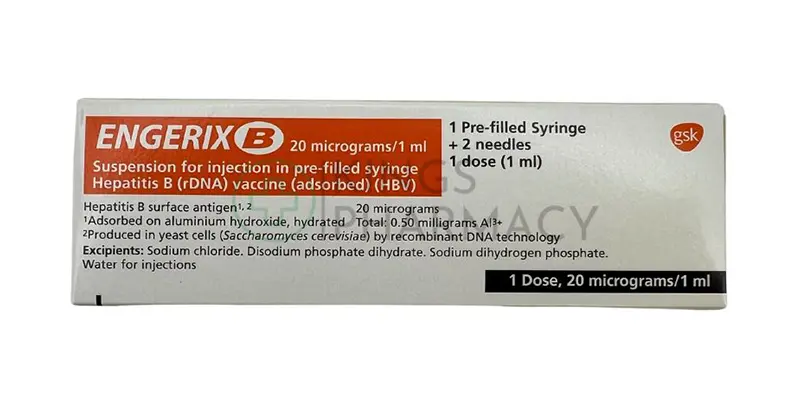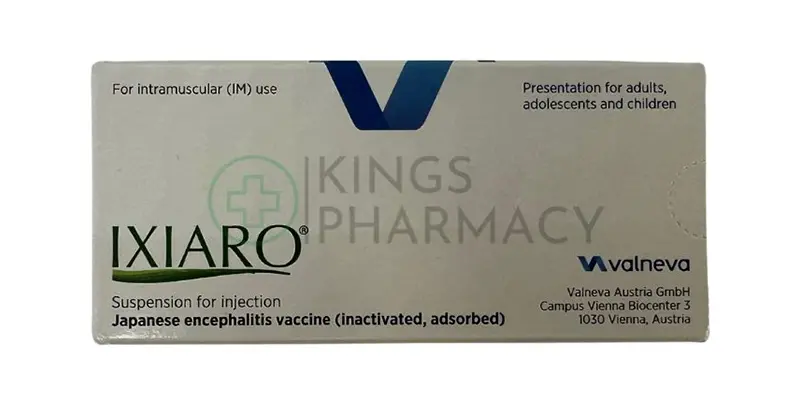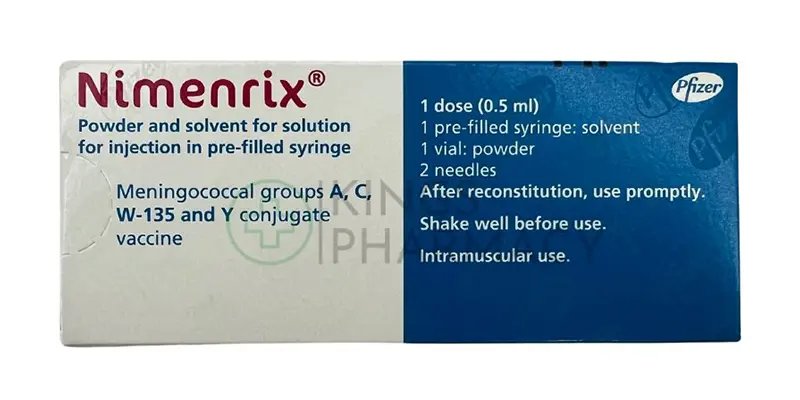Meningococcal B Vaccination
The Meningococcal B vaccine is a critical immunization designed to protect against serogroup B meningococcal disease, a severe bacterial infection that can lead to meningitis and septicemia. This vaccine is particularly important for adolescents and young adults, who are at higher risk for this life-threatening disease. By stimulating the body's immune response to Neisseria meningitidis serogroup B, the vaccine provides targeted protection, reducing the incidence of outbreaks. Its implementation in vaccination programs has significantly decreased the prevalence of meningococcal B infections in several countries.
Select Quantity
What is Meningitis B?
Meningitis B is a bacterial infection caused by Neisseria meningitidis group B bacteria. It affects the protective membranes covering the brain and spinal cord, leading to inflammation. Meningitis B can progress rapidly and may result in severe health complications such as brain damage, hearing loss, or even death if not treated promptly. It is most common in adolescents, young adults, and children under 5, but it can occur at any age.
Symptoms of Meningitis B
The symptoms of meningitis B can appear suddenly and may include:
- High fever
- Severe headache
- Stiff neck
- Nausea and vomiting
- Sensitivity to light
- Seizures
- Skin rashes or purple spots (in some cases) In infants, symptoms may also include irritability, poor feeding, and bulging soft spots on the head (fontanelles).
Who Should Consider the Meningitis B Vaccine?
The meningitis B vaccine is recommended for:
- Adolescents and young adults, particularly those aged 16 to 23 years, as they are at higher risk, especially in group settings like universities and dormitories.
- Individuals at increased risk due to specific medical conditions, such as those with a weakened immune system or anatomic/functional asplenia (absence of or dysfunction in the spleen).
- People traveling to regions where meningitis B outbreaks are common.
- Laboratory workers who are exposed to meningococcal bacteria.
How Is the Meningitis B Vaccine Administered?
The meningitis B vaccine is given as a series of two or three doses, depending on the specific vaccine brand and the person's age. The doses are typically administered several months apart. The vaccine is given as an injection, usually in the upper arm. For adolescents, the vaccine is typically administered at age 16, though younger children and adults can also be vaccinated if recommended.
Effectiveness of the Meningitis B Vaccine
The meningitis B vaccine is highly effective at preventing infection caused by the Neisseria meningitidis group B bacteria. Protection is typically achieved after completing the full vaccination series, and it is considered to offer long-term protection. However, it is important to note that the vaccine specifically protects against meningitis B and does not protect against other strains of meningococcal bacteria, such as types A, C, W, or Y. Vaccines for these other strains are also available and are often administered together with the meningitis B vaccine.
Side Effects of the Meningitis B Vaccine
Like all vaccines, the meningitis B vaccine can cause some side effects. The most common side effects include:
- Pain or swelling at the injection site
- Mild fever
- Fatigue
- Headache These side effects are typically mild and resolve within a few days. Serious side effects are rare but can include allergic reactions. If you experience difficulty breathing, swelling of the face or throat, or a rash, seek immediate medical attention.
When Should You Get the Meningitis B Vaccine?
It is recommended to receive the meningitis B vaccine during adolescence, around ages 16 to 18, as this is the time when the risk of infection is highest. For those at increased risk, the vaccine can be administered earlier, and catch-up vaccination is possible at any age. If you are planning to travel to regions with a higher incidence of meningitis B or have specific medical conditions, consult with your healthcare provider about the timing of the vaccine.
Additional Preventive Measures
While vaccination is the most effective way to prevent meningitis B, it's important to also practice general hygiene measures to reduce the spread of infections:
- Avoid close contact with people who have symptoms of illness
- Wash hands frequently with soap and water
- Avoid sharing personal items like drinking glasses, eating utensils, or toothbrushes
What is the meningococcal B vaccine?
The meningococcal B vaccine protects against infection caused by Neisseria meningitidis serogroup B, a bacterium that can lead to serious illnesses such as meningitis and septicemia. This vaccine is recommended for certain age groups and individuals at higher risk to prevent these potentially severe infections.
Who is eligible to receive the meningococcal B vaccine?
According to NHS and Green Book guidelines, the meningococcal B vaccine is routinely offered to infants as part of the routine childhood vaccination schedule at 2 months, 4 months, and 12 months of age. Additionally, the vaccine may be recommended for individuals at higher risk, such as those with certain medical conditions or those in close contact with individuals with meningococcal disease.
What are the common side effects of the vaccine?
Common side effects of the meningococcal B vaccine are generally mild and may include redness, swelling, or tenderness at the injection site, as well as fever or irritability. These side effects are usually short-lived and resolve on their own. Serious side effects are rare.
Are there any contraindications or precautions for the vaccine?
The meningococcal B vaccine is generally safe for most individuals. However, it may be postponed or avoided in cases of severe allergic reaction to a previous dose or to a component of the vaccine. If a person is ill or has a fever at the time of their scheduled vaccination, it may be advisable to delay the vaccine until they have recovered. Consult your healthcare provider for personalized advice.




